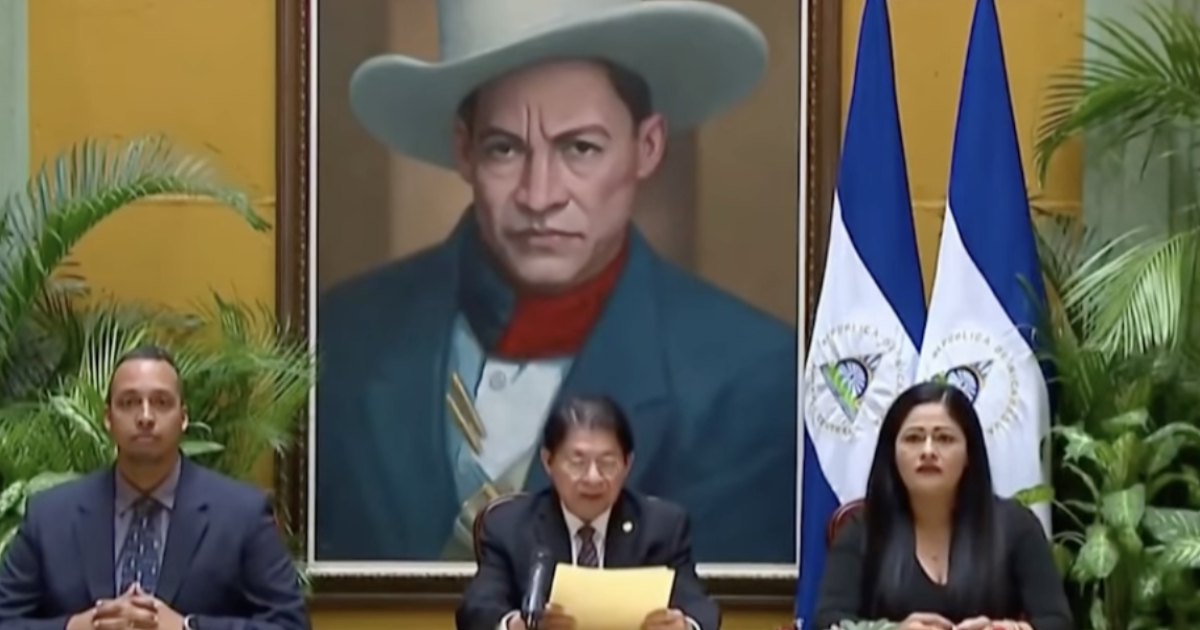
On December 9, 2021, the government of Nicaragua broke diplomatic relations with Taiwan and has adopted the “One China Policy” of only recognizing the mainland government in Beijing as the only legitimate government of China.
The Nicaragua government proclaimed “there is only one China in the world,” cementing a solid diplomatic win for the Chinese Communist Party.
With Nicaragua recognizing the CCP regime as the legitimate governing entity over China, fewer countries recognize Taiwanese independence. In Central America, only Honduras and Guatemala, recognize Taiwanese independence.
“The People’s Republic of China is the only legitimate government representing all of China and Taiwan is an undoubted part of the Chinese territory,” Nicaragua’s Foreign Minister Denis Moncada said during a television appearance in the capital city of Managua on December 9.
“The government of the Republic of Nicaragua breaks diplomatic relations with Taiwan as of today and stopped having any contact or official relationship,” he stated.
Mainland China and Taiwan have had two separate systems of government separately since the conclusion of the Chinese Civil War (1927-1949). Taiwan is currently a prosperous multi-party democracy. However, the Chinese Communist Party who occupies power in Beijing views Taiwan as a rebellious province that must be reunited with the mainland.
Beijing’s policy is to reject diplomatic ties with any country that recognizes Taiwanese independence. In the past few decades, China has placed economic and military pressure on the island, while also diplomatically isolating it by having other countries break ties with the island nation.
To woo countries to adopt a One China policy, China generally offers economic support.
In 2017, Panama, a country with significant American influence and sizable Chinese population, broke ties with Taiwan. The following year, El Salvador, Burkina Faso, and the Dominican Republic broke ties with Taipei. In 2019, the Solomon Islands and Kiribati ended ties with Taiwan.
Nicaragua might not be the last country to break diplomatic ties with Taiwan. Incoming Honduran President Xiomara Castro entertained the idea of breaking diplomatic ties with Taiwan. This prompted Taiwanese President Tsai Ing-wen and her government to bolster ties with the Central American nation.
On December 10, China’s ambassador to the United Nations Zhang Jun stated on Twitter that he “highly commended” Nicaragua’s move to break diplomatic ties with Taiwan, “which is in line with the prevailing trend of the time and people’s aspiration.”
“The One-China principle is a consensus widely accepted by the international community and allows no challenge,” he proclaimed.
Under the strong-hand of Xi Jinping, China and Taiwanese relations have intensified. In October, China’s military flew a record number of warplanes in Taiwanese airspace and has ramped up threats of military action.
The United States went from recognizing Taiwan as the official government of China to recognizing the Communist Party in Beijing in 1979. However, the U.S. has made attempts to improve Taiwan’s image in the international arena by boosting arms sales and facilitating high-profile visits by American officials.
According to a CNN report, “Thursday’s announcement leaves Taiwan with just 14 diplomatic allies, mostly small nations in the Caribbean and the Pacific, as well as the Vatican.”
China’s goal is to ultimately isolate Taiwan and make it look like an illegitimate state on the world stage as a means of reaching its end goal of reunification.



